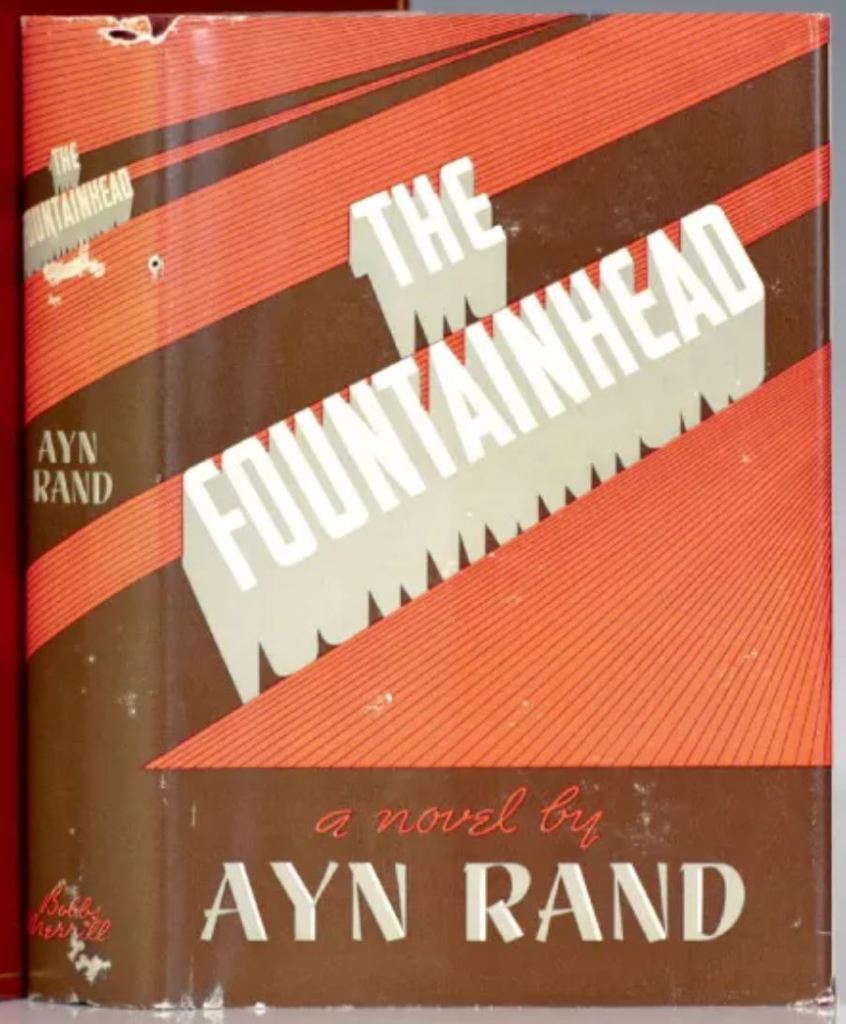
The character Gail Wynand pursues a use-and-be-used career strategy. Wynand uses strong-arm tactics when necessary in building up his newspaper’s market; he manipulates his employees with money to break their integrity; he fires those (like Dominique) who refuse to bend; and he lets the lowest-common-denominator of public taste dictate the content of the newspaper he works so hard to build up. Like Keating, he acquires plenty of money and a position at the top of his profession’s social hierarchy.
So why is Wynand not just another Peter-Keating-type character? Why isn’t he literarily redundant to the development of the theme of The Fountainhead? Because Rand develops Wynand as more consciously aware of the strategy he is pursuing and of the risks it poses to his soul; consequently, Rand also develops Wynand as pursuing deliberate strategies to insulate himself from those risks.
Keating semi-consciously manipulates and meanders through life and ends up a selfless wreck of a man. Wynand consciously sees that risk but believes that he can achieve his goals in a corrupt world—and keep his soul intact enough to enjoy them—if :
1. He gets the right kind of power over other people.
2. He keeps a rigid separation of his work life and his personal life.
On the right kind of social power. Keating’s social power is based on schmoozing and lying. Wynand’s social power is based on money. Wynand makes a judgment here: a life of lying and schmoozing one’s way to the top is to commit to fakery and to losing one’s personal sense of what’s real and what’s illusory. By contrast, money as Wynand uses it is more honest. Wynand doesn’t fake; he is upfront when tempting employees with money to break their integrity, for example, or when trading the Stoneridge commission for Dominique. Keating will kiss you on the cheek, so to speak, while stabbing you in the back. Wynand will look you in the eye and straight-up make you an outrageous bribe.
On separating the public and the personal. Keating never figures out how to define his own personal values and draw his lines and so ends up letting himself be manipulated in his core values. Wynand defines his own personal values and ruthlessly resists all incursions upon them. He cultivates his own tastes in art, builds up his own collection of masterpieces, and keeps his art gallery off limits to the grubby masses. He spends significant time on his yacht, wandering the world at will, and again cultivating an oasis of meaningful privacy against a sordid world.
Wynand is thus a compromise character: In dealing with the external social world, he plays brilliantly the mutually-corrupting power-struggle game; but in his internal private life, he is committed to independence and integrity.
He is like Keating when at The Banner but like Roark when in his art gallery or on his yacht.
He is Roarkian in his ability to visual the end: doing things his own way according to his own highest independent standards. But he is Keating-esque in his judgment of the means necessary to achieve his ends: corrupting others and selling oneself in a base world to get power.
The next question: Does Wynand’s strategy work?
*
Related: Ayn Rand’s essay “Man’s Rights” in the Philosophers, Explained series:
It all seems ashes in his mouth when Dominique rejects him and choose real integrity in Roark instead. Turned out he couldn’t have it both ways, if he had to compete against someone whose ethics were integrated into his whole life, in the area where Wynand claimed his true life lay.